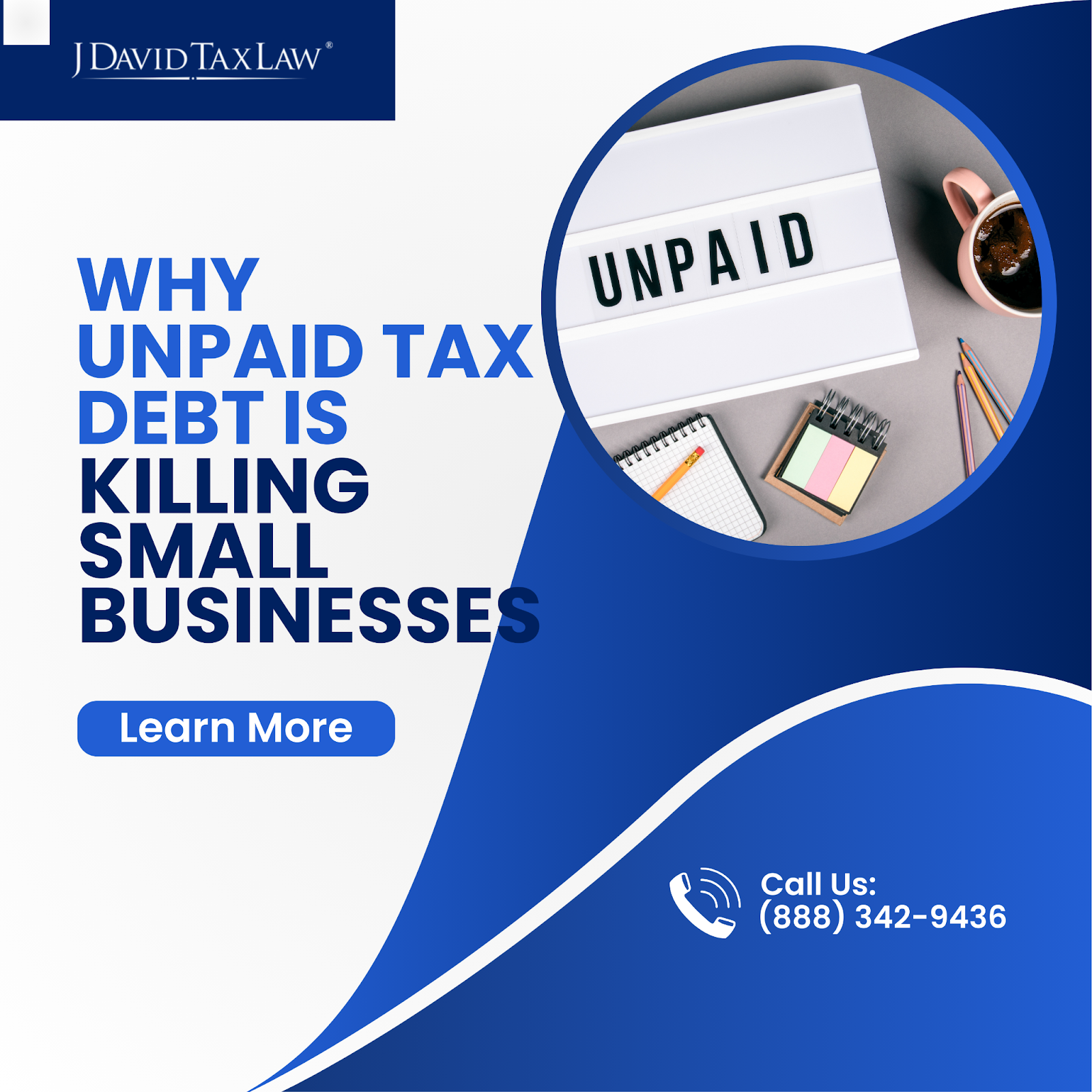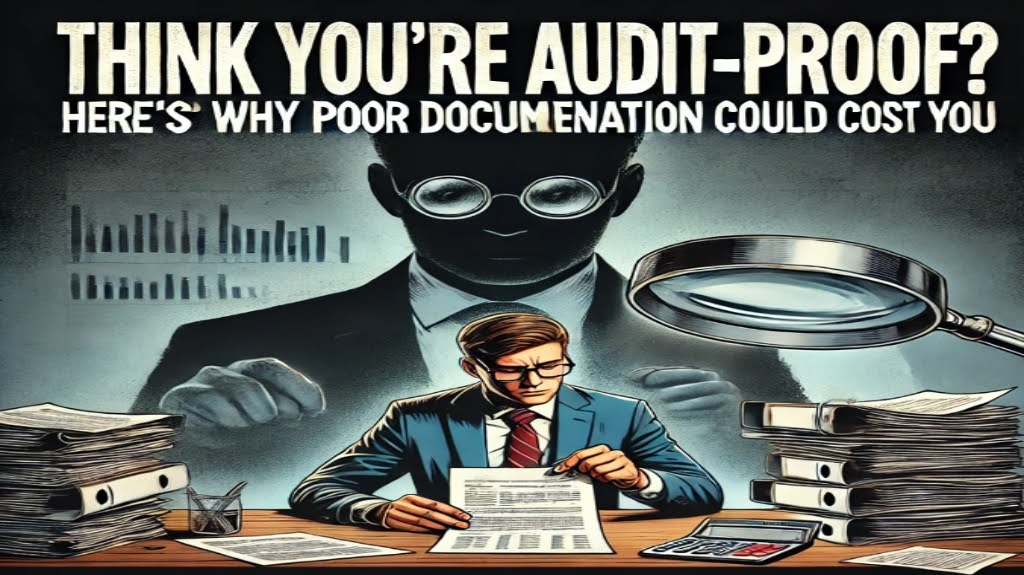
Learn the “No-Fear” way of dealing with tax notices. Here are the simple steps to manage and resolve your tax issues effectively. Call (888) 342-9436 now!





Receiving a tax debt notice from the IRS can be an alarming experience, but it’s important to remember that you’re not alone in this situation. Such notices are common, and they can be easily addressed with the help of an experienced tax lawyer. Whether it’s a simple oversight, a misunderstanding, or a significant tax obligation, there are clear, structured steps you can take to resolve the issue efficiently.
In this blog, we’ll guide you through understanding your tax debt notice, exploring your options, and taking actionable steps to resolve your debt. Stay calm and equip yourself with the knowledge needed to face your tax obligations.
A tax debt notice is an official statement from the IRS or other state tax authorities indicating that there’s an outstanding discrepancy or debt on your tax account. This notice isn’t just a bill. It serves as a formal notification that the tax authority has reviewed your filings and found that the amount paid does not match their records.
Tax debt notices are typically issued for several reasons:
Underpayment of Taxes: This could happen if you inadvertently paid less than what you owed for the year.
Unfiled Tax Returns: Failing to file a tax return by the due date can trigger a notice.
Audits and Adjustments: If an audit results in a determination that additional taxes are due.
Clerical Errors: Either by the taxpayer in filing returns or by the IRS in processing payments.
When you receive an IRS notice, always make sure to read it and understand the content. Some taxpayers tend to ignore their tax notice which will cause late payments and lead to more severe consequences such as:
Penalties and Interest: These can accumulate quickly, increasing the amount you owe substantially.
Tax Liens and Levies: The IRS may place a lien on your property or levy your bank accounts. Wage garnishment may also be applied depending on the decision of the IRS.
Wage Garnishment: The IRS can garnish your wages by instructing your employer to withhold a portion of your paycheck to cover your unpaid tax debt.
Taking prompt action not only helps prevent these outcomes but also shows the IRS that you are proactive about resolving discrepancies. This can be favorable for you during the collection process. Always consider consulting with a tax professional if the situation is complex or if large amounts are involved.
When faced with a tax debt notice, you have several options to consider for resolution:
Payment Plans (Installment Agreements):
What It Is: Allows you to pay your debt in smaller, more manageable amounts over time.
How to Apply: You can apply for an installment agreement online through the IRS website if your debt is below a certain threshold. For larger debts or business taxes, you might need to fill out additional forms or provide financial disclosures.
What It Is: An agreement that allows you to settle your tax debt for less than the full amount owed if paying your full tax liability would create financial hardship.
How to Apply: Submit Form 656, Offer in Compromise, along with the required documentation and initial payment. The IRS has an online pre-qualifier tool to help determine eligibility.
Contesting the Notice:
What It Is: If you believe the notice was sent in error or disagree with the assessment, you can contest it.
How to Apply: Respond to the notice with a written explanation supported by documents and evidence that clarify your position. You may need to file an appeal if the initial response does not resolve the issue.
General Guidance:
Always ensure that you respond before the deadline mentioned in the notice.
Keep thorough records of all communications and documents exchanged with the IRS.
Consider all options and their long-term impacts on your financial health.
By carefully selecting a tax professional and understanding the options available, you can resolve your tax debt more confidently and effectively. This can also help you prevent the same problem from occurring in the future.
Remember to conduct regular reviews of your financial situation to ensure you are on track with estimated tax payments, especially if you have fluctuating income. Do not let the stress of a tax debt notice overwhelm you. Use the steps and strategies outlined to resolve any tax dispute efficiently.
Having a tax attorney from J. David Tax Law can help you solve all your tax debt notices and prevent any mistakes in the future. Book your free consultation today at (888) 342-9436.
Remember, the sooner you address the IRS tax debt notice, the better you can manage the outcome.
Our tax relief attorneys specialize in tax problems and tax debt resolutions
Get started with a 100% free consultation

Learn the “No-Fear” way of dealing with tax notices. Here are the simple steps to manage and resolve your tax issues effectively. Call (888) 342-9436 now!

Understand the importance of tax compliance for business sustainability and growth. J. David Tax Law can help—call (888) 342-9436 for assistance.

Discover why strong documentation is crucial for IRS audits. Ensure your financial safety. Call J David Tax Law at (888) 342-9436 today.